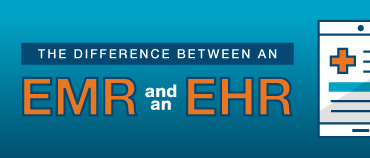COVID-19 has presented unique challenges for individuals recovering from or at an increased risk for developing a substance use disorder. According to a recent study by the CDC, Roughly 13% of Americans have started or increased substance use, including legal or illegal drugs, alcohol and prescription drugs, to “cope with stress or emotions related to COVID-19.” Disruption to routines, uncertainty and isolation are all suspected triggers behind the national rise in substance use. Additionally, widespread social distancing measures have made it difficult to seek treatment and stay compliant with treatment plans.
What are some ways family, friends and loved ones can offer support to someone with a history of substance use disorder amid the pandemic?
The pandemic has forced us to physically distance ourselves from loved ones and because of that, it’s more important than ever to find ways to stay connected. Whether it’s by phone, text, or video, active addiction feeds off isolation and a strong social support system is critical to help everyone deal with the unprecedented stressors faced now. Be open to staying connected anytime and share that; it helps to actually talk about it.
Can you speak to the importance of individuals in recovery having a support system, both before and during the pandemic?
Addiction is a bio-, psycho-, social disease and all three must be addressed in balance for sustained recovery or disease remission. Much of recovery is about action or doing something—such as going to a meeting. Before the pandemic, in-person meetings were almost everywhere and when the need arose; most likely a meeting was available. Now, finding that connection is even more important because of restrictions on physical gatherings. There are fewer, if any, in-person meeting options but having an on-demand support system is more critical than ever. No two people recover the same way; it’s important to do something and keep trying different approaches to stay connected in positive meaningful ways. It’s equally important to be there for someone in need.
What do you believe the most important/meaningful message an individual in recovery can hear right now?
You cannot control what is happening around you; but you can control how you respond to it. People care about you and it is important for you to use your positive social network to help you. You are not alone; reach out—we will make it through this together.
What are some ways family, friends and loved ones can offer support to someone with a history of substance use disorder amid the pandemic?
Isolation is the biggest challenge during this time for people in recovery. Loved ones should reach out, stay connected and encourage community for those in recovery. In-person get togethers (following CDC guidelines), virtual meetings, outdoor activities, fellowship (AA, NA, etc.), talking with your sponsor or getting a sponsor if you don’t have one–all these things keep people connected.
Can you speak to the importance of individuals in recovery having a support system, both before and during the pandemic?
Recovery is all about community and support systems. Individuals who stay connected through meetings (in-person and virtual), sponsorship, service work and reach out to people and organizations who were responsible for helping the individual launch their recovery is so important. Continuing to do the inter-personal work, working the 12-steps, seeing a therapist, enrolling in outpatient treatment, going to SMART recovery, practicing meditation and/or yoga, participating in healthy hobbies, and attending church or some form of spiritual practice are all ways to be supported during this time and as people progress in life. Gateway Foundation has an app, “Gateway Connect”, to help people stay connected virtually, and we have virtual outpatient programs for those who cannot go to therapy in-person. People should not delay treatment if they are struggling and/or relapse for fear of COVID or job loss. More people are dying of overdose during this time than last year. The term “death of despair” is being used to describe the secondary detrimental effects of COVID. This term refers to those who overdose, have suicidal behavior, or die as a result of an action taken during this time that is not directly virus related, but is caused due to the effects of what is happening in their lives during COVID.
What do you believe the most important/meaningful message an individual in recovery can hear right now?
Connect, reach out for support, know that you are not alone, ask for help and push yourself to get involved with other healthy people. Don’t delay getting the help and support you need now.
What are some ways family, friends and loved ones can offer support to someone with a history of substance use disorder amid the pandemic?
During the pandemic, it is crucial to increase social connectedness. Empathizing with others improves the giver’s ability to regulate his/her own emotions during times of stress. Feeling empathy allows the recipient to better manage the anxiety he/she might be experiencing during the pandemic without feeling overwhelmed. Avoiding negative emotions, such as feeling overwhelmed, helps ensure the person can remain on track with their sobriety and related mental health. Ultimately, if the family, friends and loved ones can offer HOPE and the belief that the person CAN recover, that is incredibly valuable.
Can you speak to the importance of individuals in recovery having a support system, both before and during the pandemic?
A recovery support system is an integral part of the recovery process. As we know, peer pressure is one of the most common contributors to the development of an addiction. More specifically, when there is substance use in your peer group, you become far more likely to begin abusing those same substances. Then over time, that substance abuse paves the way to actual addiction. Those in recovery need the “positive peer pressure” of a sober support system. They encourage positive decisions and progress in their recover process. Also, the members of their support groups serve as a lifeline when times are difficult for the person in recovery. Ultimately, recovery is very hard to achieve alone. No person is an island–when isolated from others we do not thrive.
What do you believe the most important/meaningful message an individual in recovery can hear right now?
The best message for those in recovery is HOPE. Often times the person in active addiction or new to recovery has no hope. They need to know it is possible to recover and that people in their lives believe they can recover.
What are some ways family, friends and loved ones can offer support to someone with a history of substance use disorder amid the pandemic?
Staying connected with your loved one can help individuals cope with the significant stress caused by the pandemic. Isolation and stress are two of the leading causes of relapse right now, so take time to video chat, call or text them regularly and spend quality time with them whenever possible. Listen attentively and with compassion and help them find online support groups and professional treatment if they’re struggling.”
Can you speak to the importance of individuals in recovery having a support system, both before and during the pandemic?
Much of the work of recovery takes place after treatment, and an individual’s support system plays a vital role. Trusted loved ones provide encouragement, patience and boundaries. Fellow people in recovery offer friendship, understanding and hope that recovery is possible despite setbacks. These are essential to a successful recovery from addiction, but they’re also valuable to anyone dealing with uncertainty, fear or isolation during the pandemic.
What do you believe the most important/meaningful message an individual in recovery can hear right now?
You are not alone. Our lives may have changed drastically, but your support system is still here for you. If you can’t meet face-to-face, reach out online through Zoom, Facebook or any platform you’d like. The Recovery Village has launched an online tool to host virtual recovery meetings as well. However you choose, connecting with your support group, loved ones or an online therapist can help relieve stress and keep you on track for recovery.
What are some ways family, friends and loved ones can offer support to someone with a history of substance use disorder amid the pandemic?
One big thing that family, friends and others can do is to stay in touch with their loved one. This keeps the lines of communication open and allows you to watch for signs of substance use or mental health struggles. Also, encourage your loved one to stay connected as much as possible, even if that means virtual group meetings or video chats with friends until we can gather in person again.
Can you speak to the importance of individuals in recovery having a support system, both before and during the pandemic?
Support is essential to the recovery journey, and that is especially true during the pandemic. We always worry when someone misses a couple of group meetings or therapy sessions because that’s one of the first signs they are struggling. Now, without those supports, people in recovery are struggling. Rosecrance, however, has found ways to keep people connected through services that have made remarkable differences in these unsettling times. Our residential treatment sites have remained open, and that has allowed face-to-face relationships to continue. In addition, virtual groups and sessions have kept clients connected from afar. Last, our alumni phone app has become an incredibly important way to bring alumni together.
What do you believe the most important/meaningful message an individual in recovery can hear right now?
You are not alone in your fight. Your friends, family and caring professionals want you to succeed, and they are here for you. If you need help, please reach out, and they will be willing to help you.
If there’s one take away to draw from this blog, it’s that individuals in recovery need their foundation. If you know someone who is struggling, please consider checking in on them. You do not need to be a healthcare professional to offer support. The act of simple reaching out can make all the difference.
For anyone seeking treatment services, contact the
SAMHSA National Helpline at 1-800-662-HELP (4357). Trained information specialists are available 27/7 to help connect individuals in need with support. All calls are free and confidential.






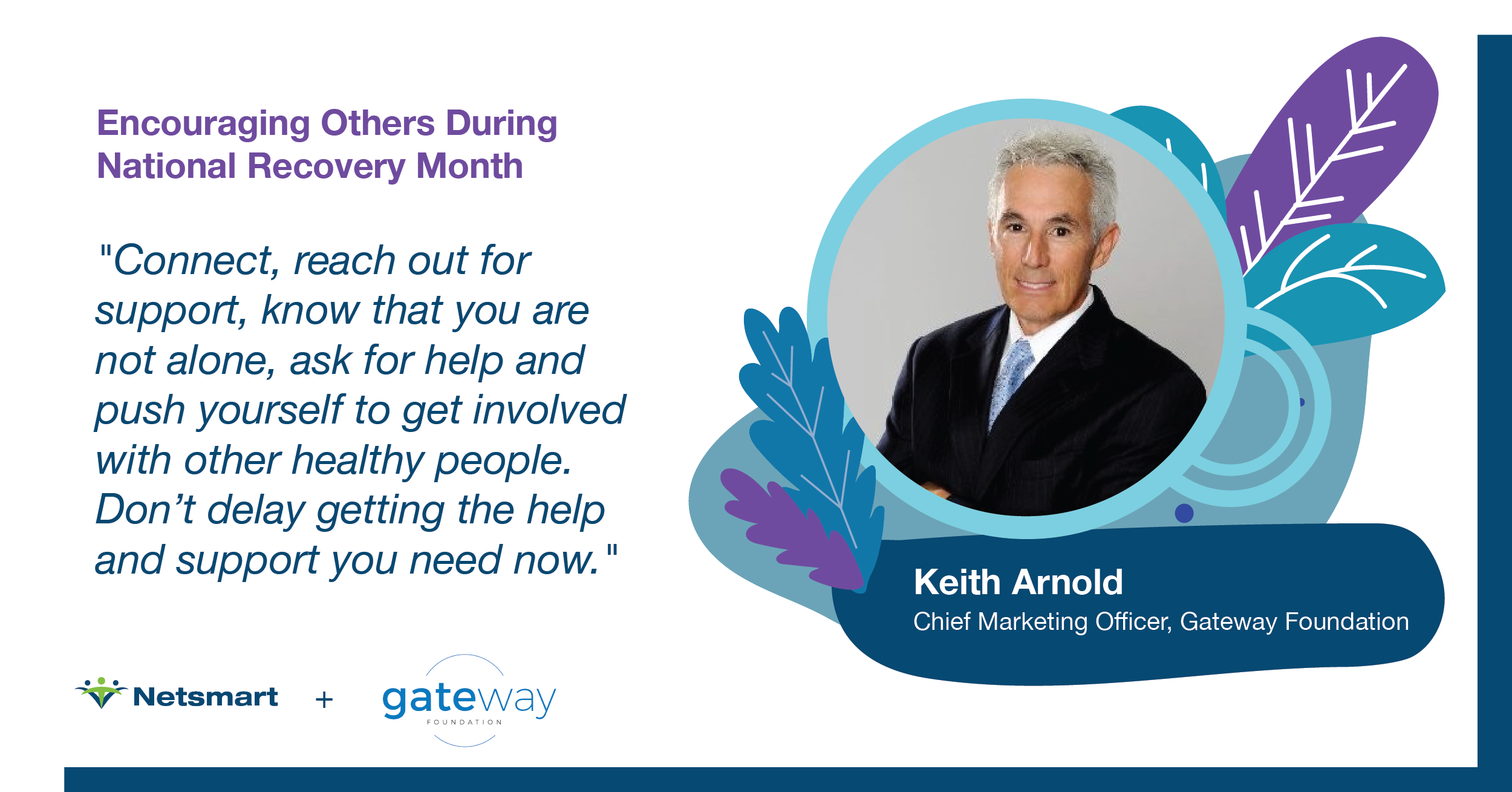
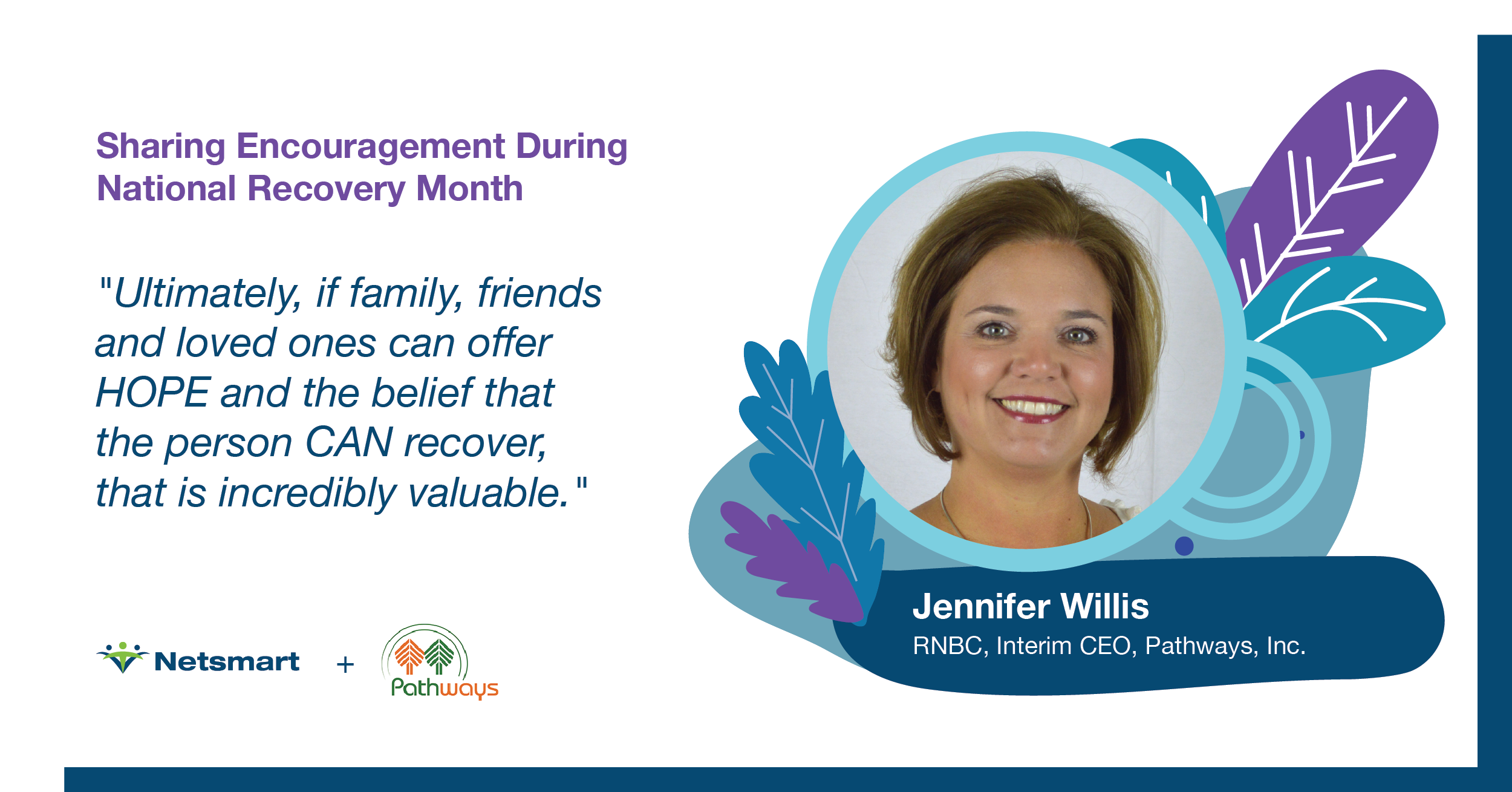
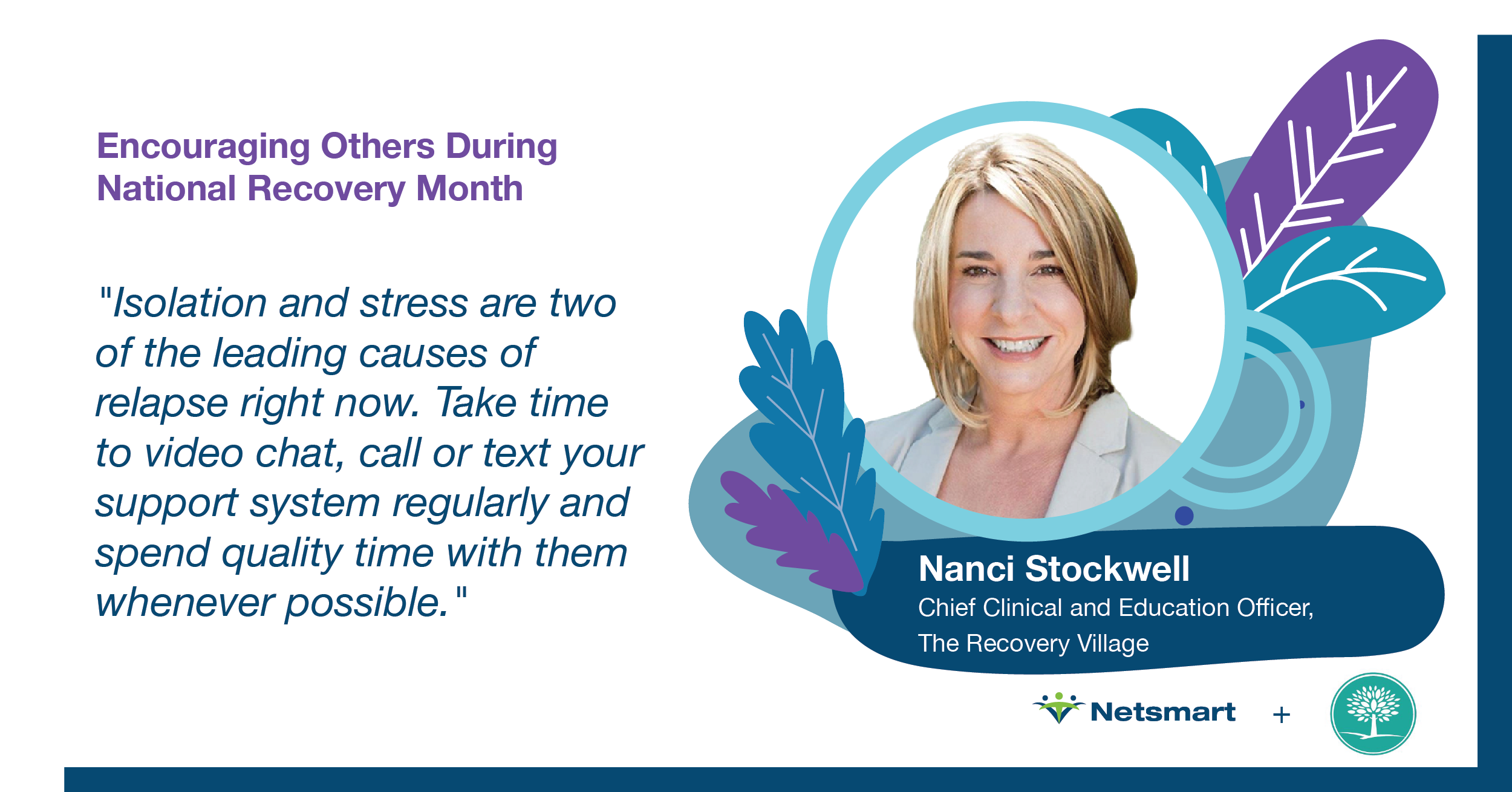
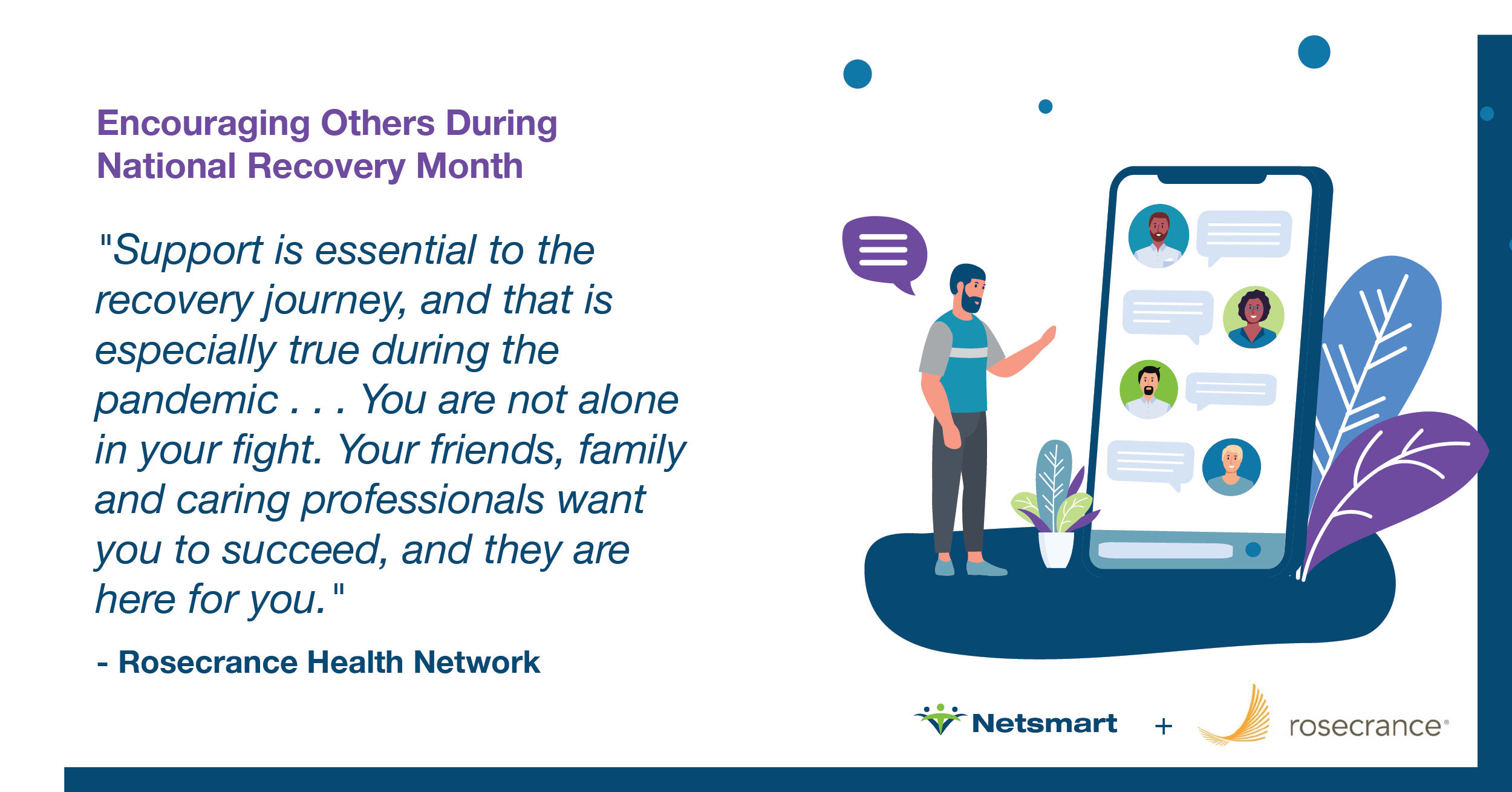

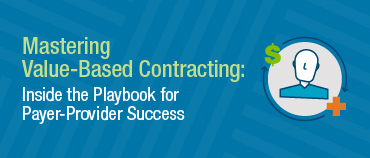
.jpg)
